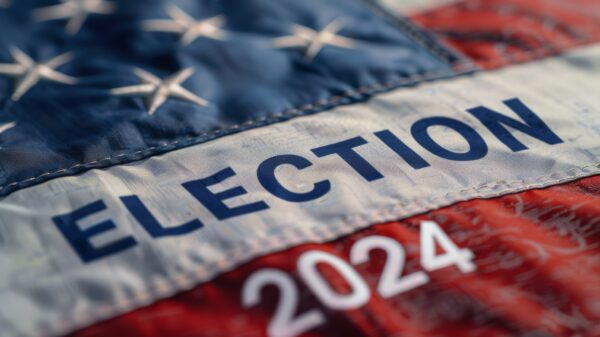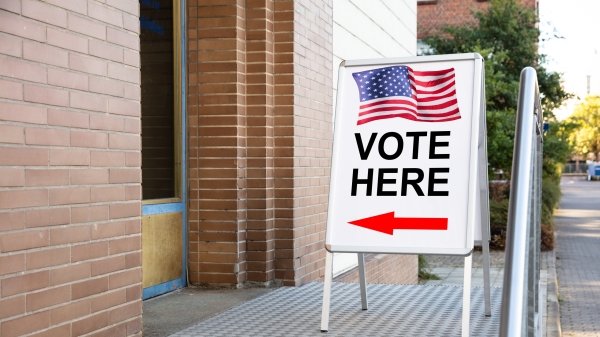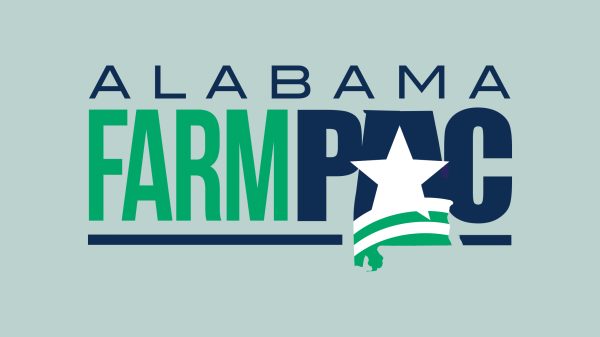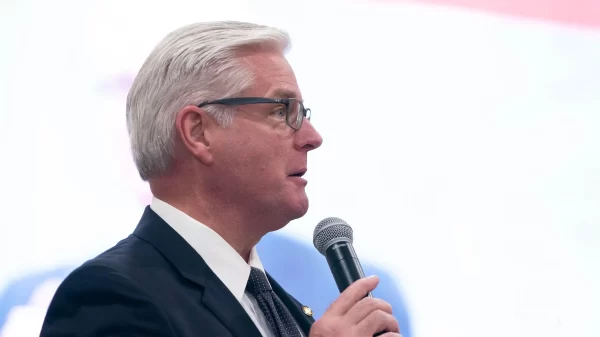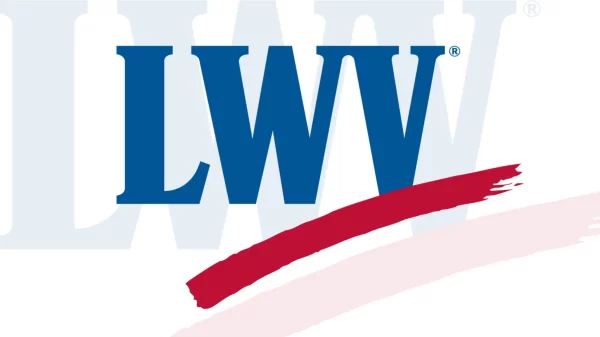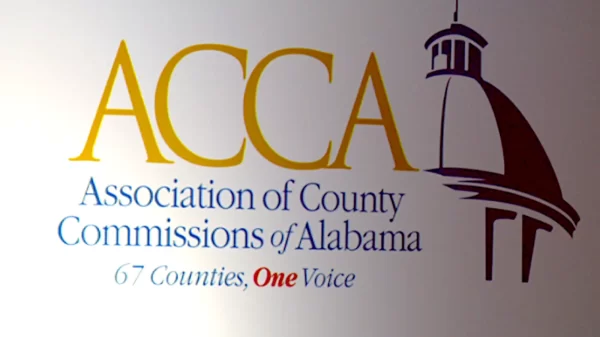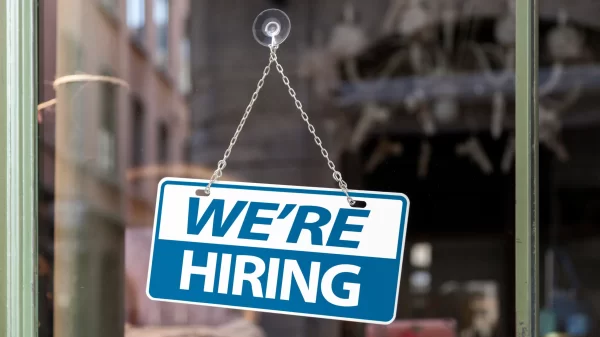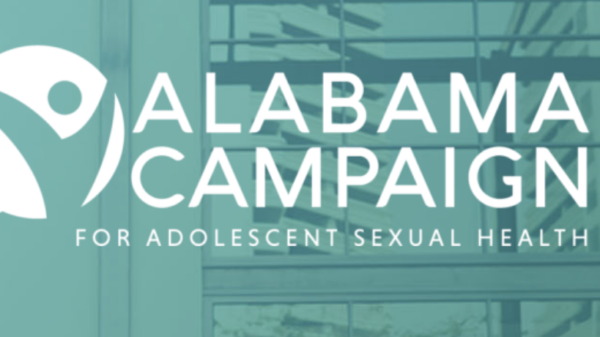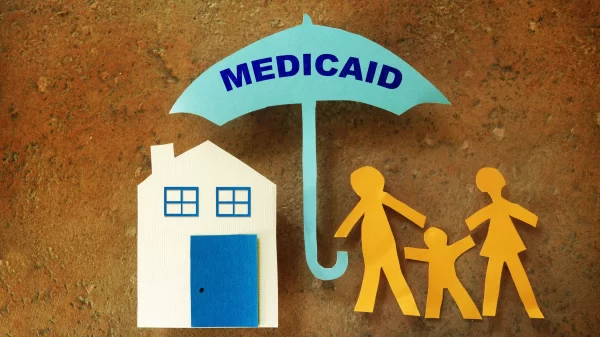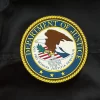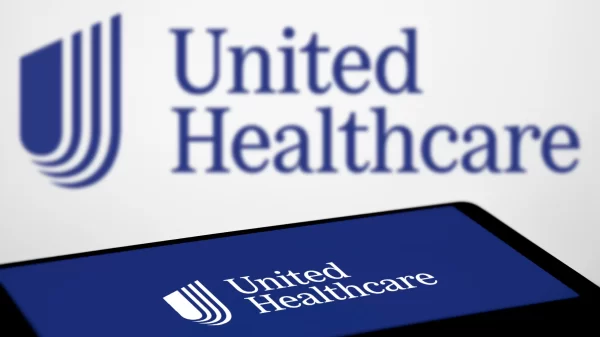By Chip Brownlee
Alabama Political Reporter
If the U.S. Congress can’t get to a deal on funding for the Child Health Insurance Program, more than 80,000 children in Alabama could be without health insurance as soon as next spring.
Congress last week failed to reauthorize funding for the program, which expired on Sept. 30 at the end of the 2017 Fiscal Year. And without that federal funding, Alabama’s “All Kids” Chip program could be exhausted by early next year.
“If it goes away, we believe that tens of thousands of children would become uninsured,” said Cathy Caldwell, the Alabama Department of Public Health’s CHIP director.
Like many of Alabama’s other health insurance programs, All Kids — one component of Alabama’s CHIP system — couldn’t function without federal funding. In All Kids’ case, one hundred percent of the cost is covered through federal funding.
“If it remains unfunded, if Congress doesn’t continue funding it, what most likely would happen is All Kids would shut down,” Caldwell said. “All Kids would go away.”
More than 83,000 children in the state are covered by All Kids and another 75,000 are covered by a separate Medicaid component of CHIP. Both programs provide coverage for more than 9 million children across the U.S.
Those covered under All Kids would have to find other insurance or go without, were the program to shut down.
“It’s absolutely, vitally important that the federal government continue funding these programs,” Caldwell said.
Caldwell said she is hopeful Congress will reach a deal to fund the program. U.S. Rep. Martha Roby, R-Ala., said Congress will resume working on a bill to reauthorize CHIP soon with committee hearings later scheduled.
“I hope they will make progress and that we can send a bill to the President’s desk very soon,” Roby said. “Many families in Alabama depend on CHIP to make sure their children have access to health care. Policies like this can always be improved, but Congress should waste no more time in reauthorizing this important program.”
If no deal is reached, Alabama would lose an estimated $280 million in funding for CHIP, according to the Medicaid and CHIP Payment and Access Commission.
While the state awaits some sort of action from Congress, All Kids will continue using a $118 million windfall from the Fiscal Year 2017 budget, which should give the program some leeway to continue operating until about March, according to ADPH’s best estimates, or April, according to MACPAC.
But the effects could be felt sooner.
“We would need to start shutting the program down several months before then,” Caldwell said. “We’re just hanging on right now. We’ll continue business as usual and hope that Congress will act — and act soon.”
The other component of CHIP in Alabama is run as part of the Medicaid system, with children from families at or below 146 percent of the poverty level receiving health insurance coverage. That component of the program would stay, but the state would have to pump more money into the program in order to receive the typical match provided as part of the federal funding mechanism for Medicaid.
“Rather than wasting more time on partisan attempts to repeal the Affordable Care Act, I am urging my colleagues on the other side of the aisle to focus on what we can do now to help stabilize the insurance marketplace and make health care more affordable for all families,” said U.S. Rep. Terri Sewell, D-Ala.
All Kids provides insurance coverage for uninsured children in families between the Medicaid limit — 146 percent of the federal poverty level or $2,485 monthly income for a family of three — to 312 percent of the federal poverty level.
CHIP, which provides comprehensive health insurance to those enrolled, has been one of the most effective health care programs in the state and has largely avoided any major problems that have plagued other state-run programs like Medicaid. Alabama became the first state in the Union to implement the program in 1998 under President Bill Clinton.
Before the program went into effect, between 15–20 percent of children in the state were without health insurance — more than 168,600 children in 1997.
“One in five children in our state was uninsured before CHIP,” Caldwell said.
But since the program started, that number has dropped to around 2.4 percent.
“Very few Alabama children are uninsured now, and that is very much because of CHIP and Medicaid,” Caldwell said. “Since the beginning of CHIP, there has been a huge decline of uninsured children in our state.”
Since then, the state has relied on federal funding to keep it going. Prior to President Barack Obama’s signature 2010 health care law, the Affordable Care Act, the state paid about 77 percent of CHIP costs. After the law went into effect, the appropriations increased to cover 100 percent of the CHIP costs for the state for the previous two fiscal years.
The All Kids program provides inpatient and outpatient care, regular checkups, immunizations, physician services, mental health, dental and vision with a monthly premium and co-pays.
“The failure of Republican leadership to reauthorize CHIP puts the health of 150,000 Alabama children and 9 million children nationwide on the line,” Sewell said.


